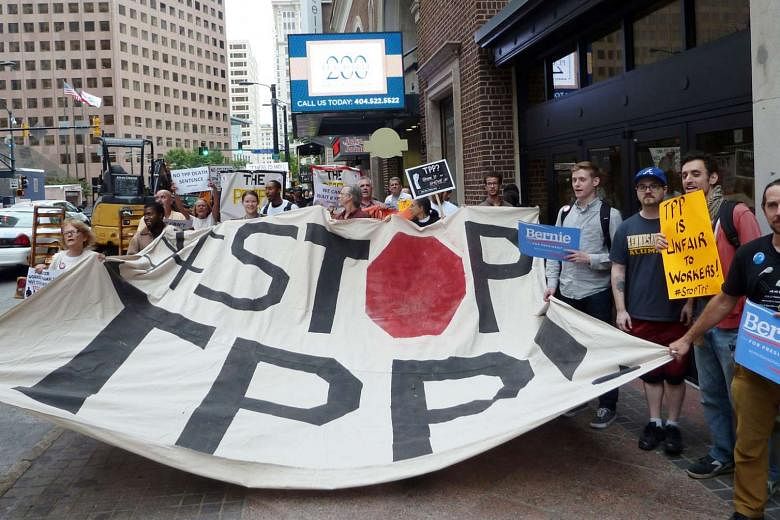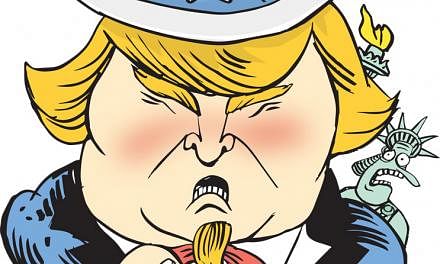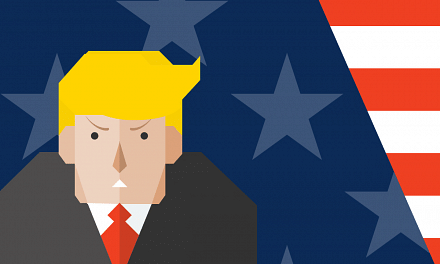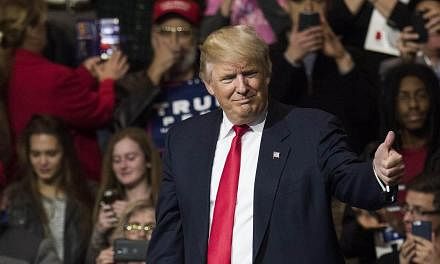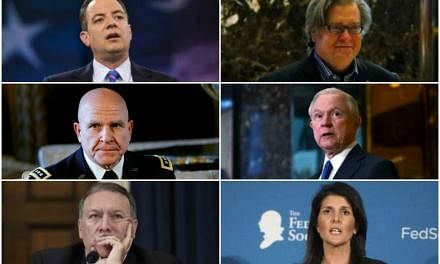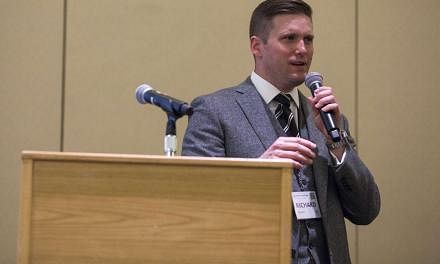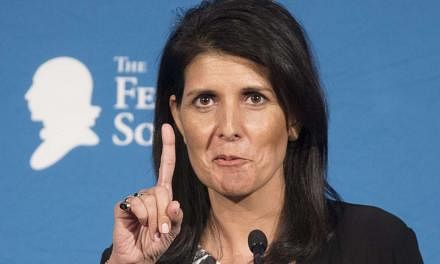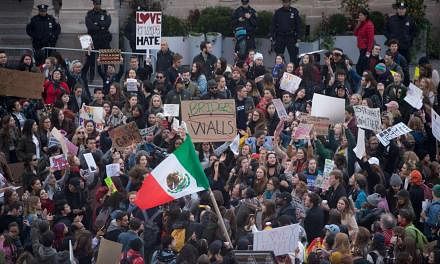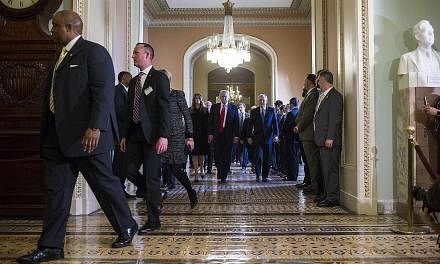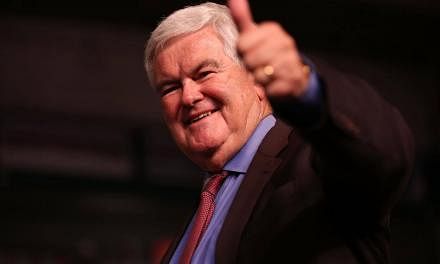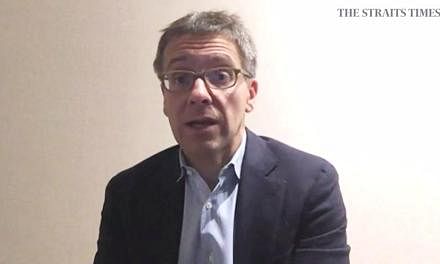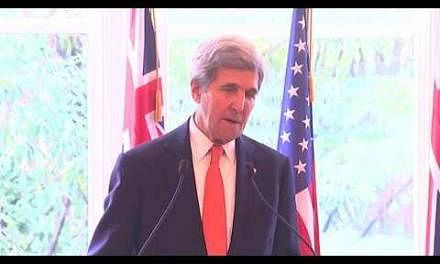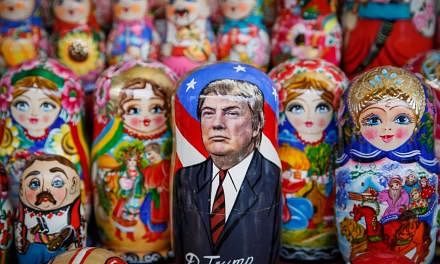It's done. Mr Donald Trump is now officially on track to become, at least on paper, the most powerful person in the world. That has plenty of people worried, both at home and abroad.
It's no secret that the vast array of challenges awaiting the new president is formidable. By any measure, Mr Trump will be the most unpopular person ever elected US president. Rather than trying to reach out to those Americans who viscerally dislike him, he doubled down on the white, disenfranchised vote that got him the Republican nomination in the first place and rode their support to the White House. For the next four years, Mr Trump will be hounded by people who find his mere presence in the Oval Office anathema to what they believe America stands for. To be fair, Mrs Hillary Clinton would be facing a similarly divided and impassioned electorate, perhaps without a sympathetic Congress backing her.
But the predictable Mrs Clinton would have been a stabilising force on the global stage; Mr Trump is anything but. That has allies on edge - Mr Trump has promised to backtrack on security pledges, openly and fiercely questioned America's membership in Nato, and made trade protectionism the backbone of his campaign pitch to the American people.
It's hard to separate the genuine from the bluster, but if Mr Trump managed to implement even a quarter of the things he's suggested over the course of the last 18 months, it would be the most seismic shift in global politics since the fall of the Soviet Union. And this is before we get to Muslim bans and building walls, which will inevitably provoke responses from abroad.
And then there are other structural concerns to be worried about when it comes to American foreign policy even beyond Mr Trump taking the reins. The reality is that US international influence was in decline before Mr Trump arrived on the political scene.

In the Middle East, Saudi Arabia and Iran are fighting a proxy war that feeds conflict in multiple countries. Wars rage on in Iraq, Syria and Yemen. Continued lower oil prices make it more difficult for governments to cope with challenges from within. It's not clear what difference any American president might make in this region. Which, depending on where you come down on Mr Trump, could be a good or bad thing.
Europe, America's longest- standing and most like-minded ally, is divided and weak. The Brexit drama has only just begun. Populism is now on the rise on both sides of the Atlantic, and there are difficult votes ahead in Italy, France and Germany over the next year. The migrant crisis remains unresolved. There is no unity on how best to manage increasingly complex relations with Russia and Turkey. Washington is all but irrelevant to these challenges.
Much of Asia finds itself in China's lengthening shadow. Prior to the US election, Asian countries made the strategic choice to join the Trans-Pacific Partnership (TPP) as a way of balancing against Beijing. TPP's stumbles in the US Congress gave them pause; the election of Mr Trump will only make Beijing look more like the stable and sane economic superpower to hitch their economic wagons to.
Then there's Russia. President Vladimir Putin has spent the past 18 months trying to undermine US power and influence at every turn in this election cycle - his target was never to steal the election outright, but to weaken the sense of American exceptionalism which he believes the US has been flouting. In the eyes of many, he succeeded and then some.
But the good news is that in the short term, a President Trump will help stabilise relations with Russia, making them at the very least less openly hostile.
At the end of the day, the biggest challenges Mr Trump will face upon assuming the presidency are not of his own making - the political atmosphere in Washington has only grown more toxic over the past eight years and limits on US power have only become more obvious. Mr Trump came to power by highlighting these challenges and claiming he alone could fix them; let's hope so, because they're his problems now.
- The writer is president of Eurasia Group and author of Superpower: Three Choices For America's Role In The World.
